Everest: A Gripping Tragedy on the Roof of the World
Everest unfolds as a breathtaking, yet tragic, saga inspired by the real-life ill-fated expedition to conquer the world’s highest peak.
In the spring of 1996, seasoned mountaineer Rob Hall (Jason Clarke) assembles a team for an Everest summit attempt. Promising his clients the utmost safety and comfort, he attracts individuals who would likely never embark on such a perilous journey, where the air is too thin for helicopters to fly. Hall, a veteran of these “guided tours,” exudes confidence in himself and his team of guides and Sherpas. However, on May 10th, as the group initiates their final push towards the “top of the world,” Hall’s meticulously planned schedule unravels. A sudden snowstorm transforms the already challenging ascent into one of the deadliest tragedies in Everest’s history.
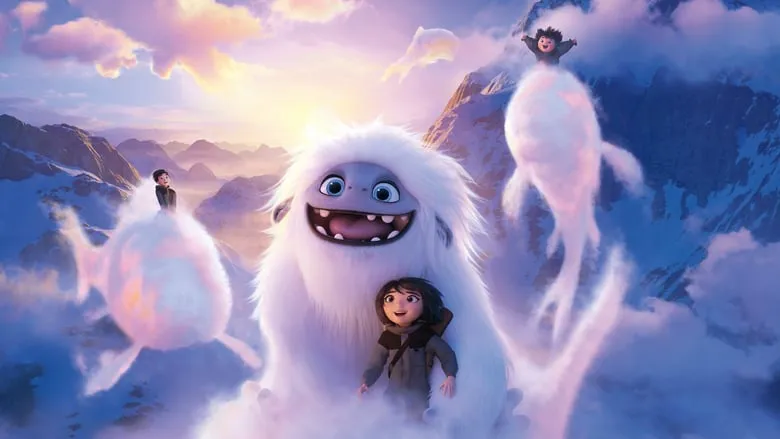 .jpg “Still from “Everest””)
.jpg “Still from “Everest””)
Initially, Christian Bale was considered for the role of Rob Hall, but he opted for a part in the blockbuster “Exodus: Gods and Kings.”
Disaster movies typically fall into two categories. Most depict ordinary people caught in unforeseen circumstances. The characters in “Titanic,” for instance, were confident in their safety en route to America. It’s easy to empathize with such characters, as anyone can imagine themselves in their shoes.
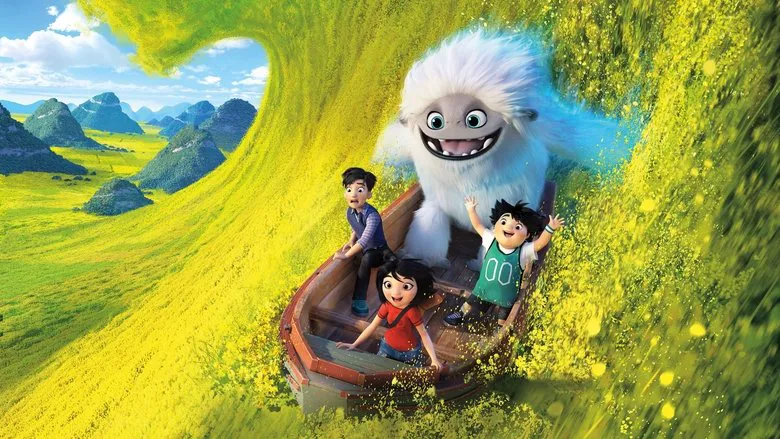 .jpg “Still from “Everest””)
.jpg “Still from “Everest””)
Films like “Everest” are different. Here, the characters challenge nature and succumb to its unforgiving response. Like reckless fishermen rescued from drifting ice floes, the protagonists of “Everest” are responsible for venturing into the “death zone,” where, until recently, one in four climbers perished (the statistics are better now, but not by much). How do you convince viewers to sympathize with characters who paid for a game of “Russian roulette” with nature? It’s a difficult task, and Icelandic director Baltasar Kormákur arguably falls short, despite casting charismatic stars. Even the tear-jerking scenes of characters communicating with their loved ones back home fail to fully resonate. Ultimately, you feel more for the families than the climbers themselves, and the on-screen chemistry between Jason Clarke and Keira Knightley doesn’t quite reach the heights of Jack and Rose. Fortunately, “Everest” possesses enough merits to overcome this shortcoming.
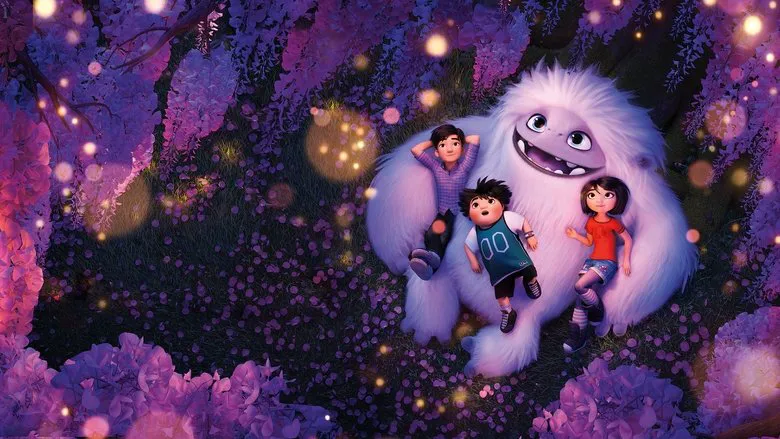 .jpg “Still from “Everest””)
.jpg “Still from “Everest””)
Since actual Everest climbing suits would have been too “hot” for filming at lower altitudes and in studios, the actors wore lightweight imitations of the real gear during production.
Staying True to the Story
The film’s strengths stem from its faithfulness to the well-known tragic story. The filmmakers resisted the urge to alter it to fit a Hollywood mold. Consequently, everything unfolds as it did in reality. The weak falter, the foolish act foolishly, the overly ambitious become victims of their ambition, and heroism emerges from an unlikely source: Anatoli Boukreev, a climber with a decidedly non-American name.
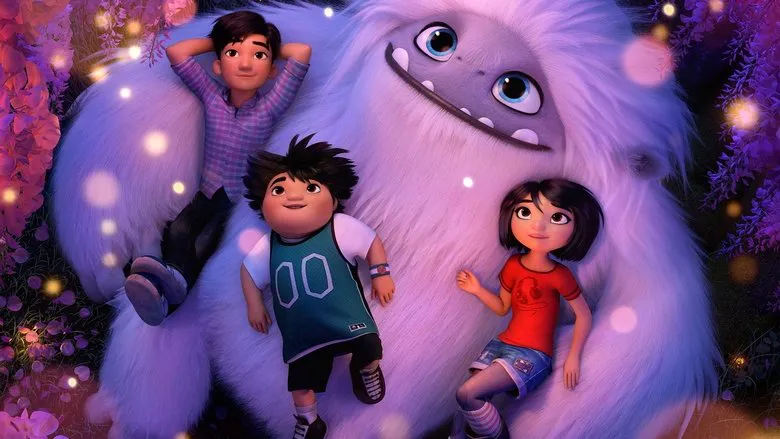 .jpg “Still from “Everest””)
.jpg “Still from “Everest””)
Had Boukreev, a remarkable Russian mountaineer with a Kazakh passport, been named Johnny Smith, the film might have become a saga about an American hero who braved an Everest blizzard to rescue less experienced climbers. However, since glorifying Russians doesn’t align with Hollywood’s agenda, the film dedicates as little time to Boukreev as possible, without relegating him to a minor, almost cameo role. The message seems to be: “He’s a great guy, of course, and he deservedly received a medal for his bravery, but our film isn’t about Boukreev’s heroism; it’s about those who perished on that fateful day.”
 .jpg “Still from “Everest””)
.jpg “Still from “Everest””)
A Refreshing Take on Tragedy
While it’s disappointing that Boukreev isn’t the central figure, the film benefits from his absence. Hollywood is saturated with stories of real and fictional triumphs, but somber films like “Everest” are rare. Even rarer are films that not only depict a real tragedy but also provoke reflection on issues ranging from the dangers of commercializing extreme mountaineering to the naivety of human belief in conquering nature. You don’t need to climb Everest to experience human vulnerability in the face of nature’s fury. But at 8 kilometers above sea level, that feeling transforms into absolute certainty, along with the realization that mountains test people’s limits and reveal their true character.
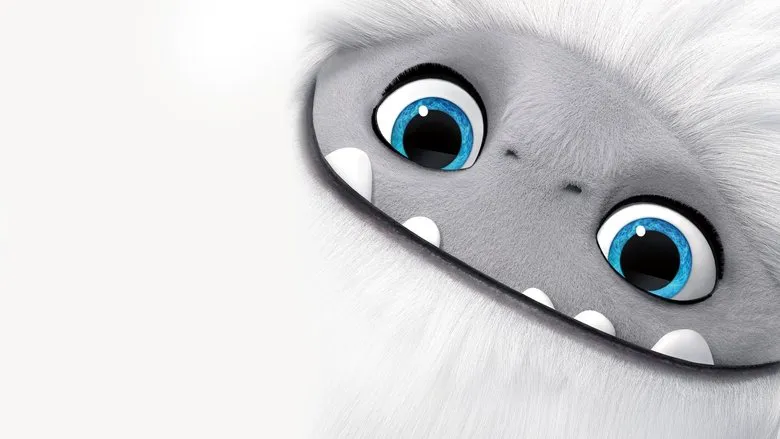
A Blockbuster with Depth
“Everest” would be a rather dull film if it only posed profound philosophical questions. However, the film excels as an engaging blockbuster entertainment. The first half of the film is a fascinating, almost documentary-like depiction of everything one can see and experience while preparing for an Everest ascent. The second half is a dramatic account of the tragedy that befell the expeditions of Hall and his rival-friend Scott Fischer, played by Jake Gyllenhaal. Had this story been fabricated, it would likely have contained more unexpected twists. But the authenticity of the narrative compensates for its lack of “thriller” elements.
The film’s greatest strength lies in its convincing visuals, some of which were filmed on Everest itself, and others in the Alps, which are safer but no less beautiful and snow-covered. While you intellectually understand that the screen is filled with camera tricks and special effects, your eyes insist that the characters are genuinely climbing the world’s highest mountain, and the characters’ adventure is breathtaking. When you leave the theater, you start calculating how to save money for a trip to Nepal. One would think that the characters’ deaths would deter you from approaching the mountains. But the Everest shown on the screen is so majestic that its attraction is irresistible.